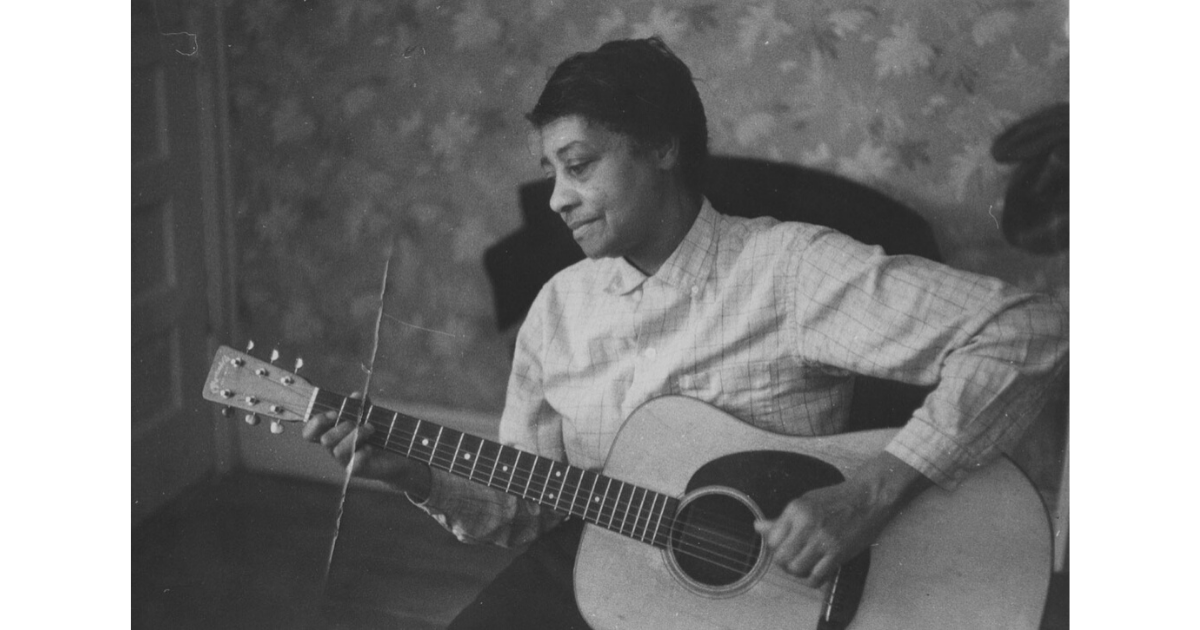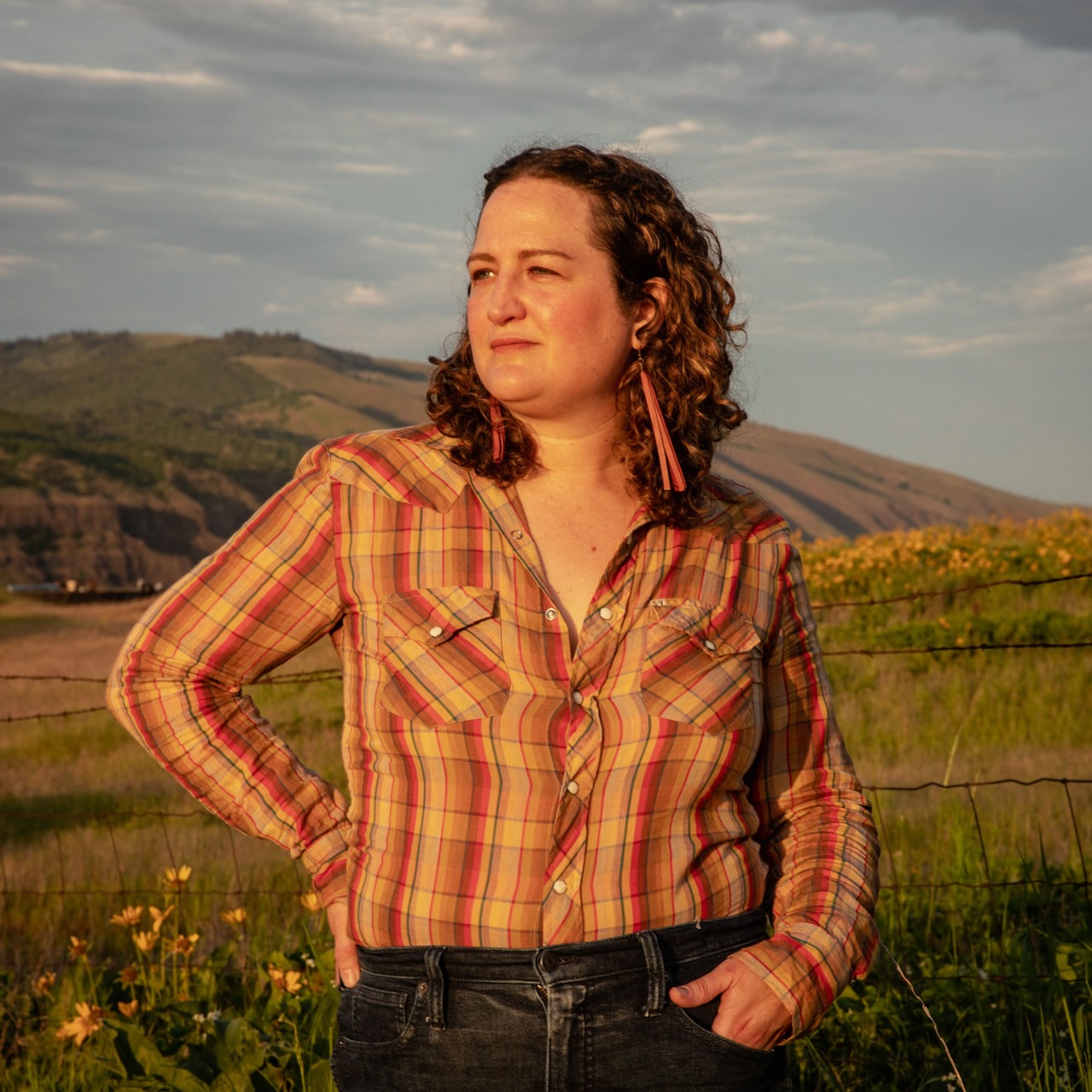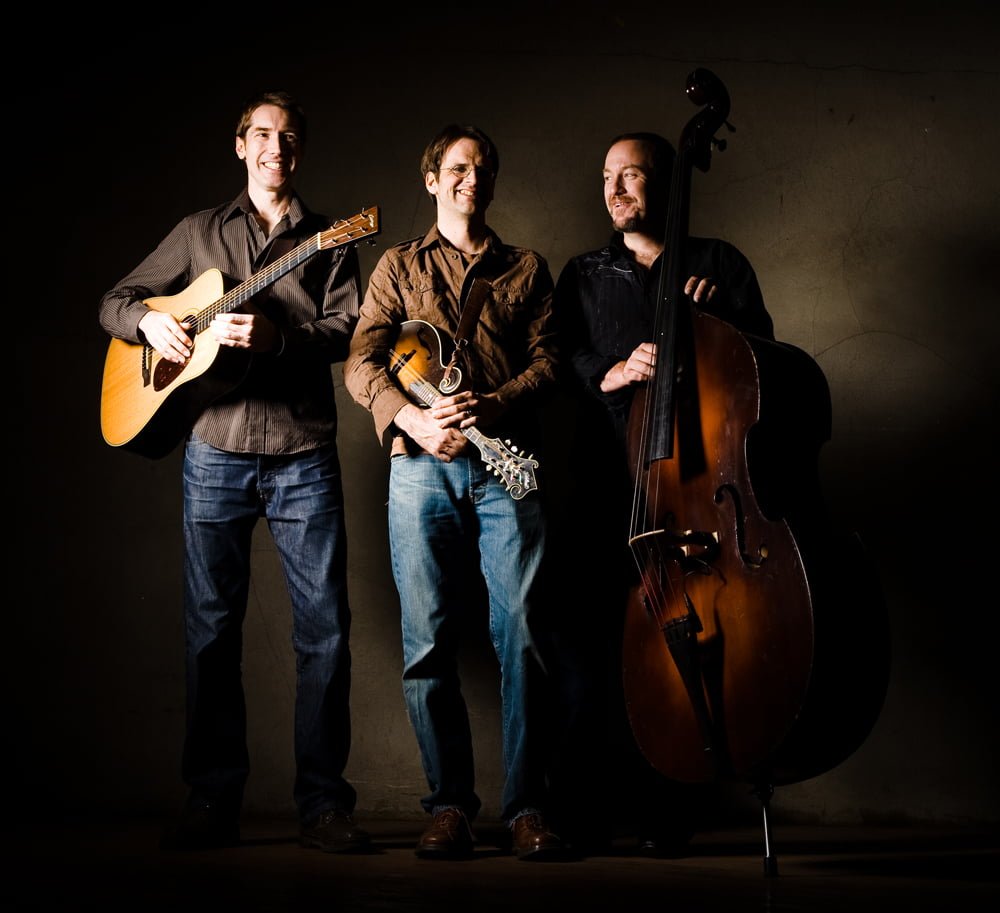At age 9, in 1904, she quit school to work as a maid. A song she wrote at 11 became a folk classic. She married at 15. She made her first recording at age 62. And she won her Grammy at age 90.
Even the best novelist would be hard-pressed to create a more remarkable heroine than Elizabeth “Libba” Cotten. From the time she sneaked into her older brother’s room and flipped his banjo over so she could play left-handed, Elizabeth broke rules and boundaries.
Her legacy song, “Freight Train,” written at age 11, is among the most loved in folk music. Her left-handed, finger-picking guitar style — an alternating bass with her index finger and melody played with her thumb — is much emulated. She was immensely talented, creative, and wicked funny. For a great example of her humor, listen to Cathy Fink and Marcy Marxer talk about a chance encounter at the Toronto Folk Festival.
While Elizabeth was raising her daughter, she rarely played outside her home — and only at church. But a chance meeting much later in life led her to become one of the most revered names of the folk revival. While working at a department store, she befriended a frightened little girl who had become separated from her mother. The little girl was Peggy Seeger. Peggy’s mom, Ruth Crawford Seeger, almost immediately invited Elizabeth to work for the family as a domestic.
Ruth was a composer and teacher, her husband Charles created the field of ethnomusicology, but it was Peggy who first heard Elizabeth playing one of the family’s guitars. As a family that studied and documented traditional music, they were delighted to hear the music Elizabeth carried from her North Carolina home. Their son, Mike Seeger, a folklorist and musician, began recording her singing and playing. They released her first album in 1958, when she was 62.
Elizabeth became a vitally important figure in the folk revival, performing at the most acclaimed festivals in North America. Her songs and style frequently were covered by others. Artists in the Skiffle movement recorded and claimed credit for “Freight Train,” a big hit in Great Britain (the Quarrymen, John Lennon’s early band, used to perform it). With the Seeger family’s help, Elizabeth got the copyright in her name.
Her songs have been central to bringing rural southern music to commercial audiences, paving the way for bluegrass as well. Performers as varied as the Grateful Dead and Rhiannon Giddens have recorded her songs, and “Freight Train” is in the repertoire of almost every folk, bluegrass, and rock band on this continent.
It is virtually impossible to summarize Libba Cotten as a person, a musician, or an influence on American music. Her honors are countless. As examples, in 1984, the National Endowment for the Arts declared her a National Heritage Fellow. The Smithsonian Institute declared her a “living treasure.”
Elizabeth performed right up to her death at 94 in 1987. And musicians around the world pay tribute to her daily when they sing “Freight Train.”






